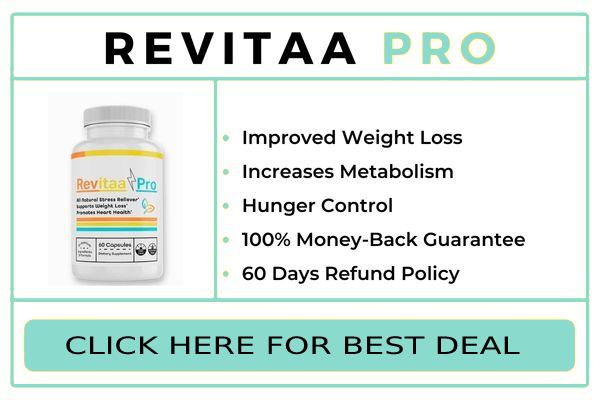Atkins Diet
The Atkins diet is a low-carbohydrate, high-protein diet that was developed by Dr. Robert Atkins in the 1960s. The diet is divided into four phases, with each phase gradually increasing carbohydrate intake while still emphasizing protein and healthy fats.
In the initial phase, known as the induction phase, carbohydrate intake is limited to 20-25 grams per day, primarily from non-starchy vegetables. This is intended to promote rapid weight loss by forcing the body into a state of ketosis, where it burns fat for fuel instead of carbohydrates.
As the diet progresses, carbohydrate intake is gradually increased in order to find the individual’s “carbohydrate tolerance” – the maximum amount of carbohydrates they can eat while still losing weight or maintaining weight loss. The diet emphasizes protein-rich foods such as meat, fish, and eggs, as well as healthy fats like nuts, seeds, and oils.
Proponents of the Atkins
Proponents of the Atkins diet argue that it can promote weight loss, improve blood sugar control, and reduce the risk of chronic diseases such as type 2 diabetes and heart disease. Critics, however, argue that the diet can be too high in saturated fat and protein and that it may not be sustainable in the long term.
Research on the Atkins diet has been mixed, with some studies suggesting that it can be effective for weight loss and blood sugar control, while others have raised concerns about its impact on cholesterol levels and other health outcomes.
Atkin’s diet is a low-carbohydrate, high-protein diet that emphasizes protein-rich foods and healthy fats. While it may offer some health benefits, it is important to approach the diet with caution and to ensure that it is properly balanced in terms of nutrients. Consultation with a healthcare professional or a registered dietitian is recommended before starting the Atkins diet or any other dietary approach.
DISCLAIMER:
This information is not presented by a medical practitioner and is for educational and informational purposes only. The content is not intended to be a substitute for professional medical advice, diagnosis, or treatment. Always seek the advice of your physician or other qualified healthcare providers with any questions you may have regarding a medical condition. Never disregard professional medical advice or delay in seeking it because of something you have read.
Since natural and/or dietary supplements are not FDA-approved they must be accompanied by a two-part disclaimer on the product label: that the statement has not been evaluated by FDA and that the product is not intended to “diagnose, treat, cure or prevent any disease.”





